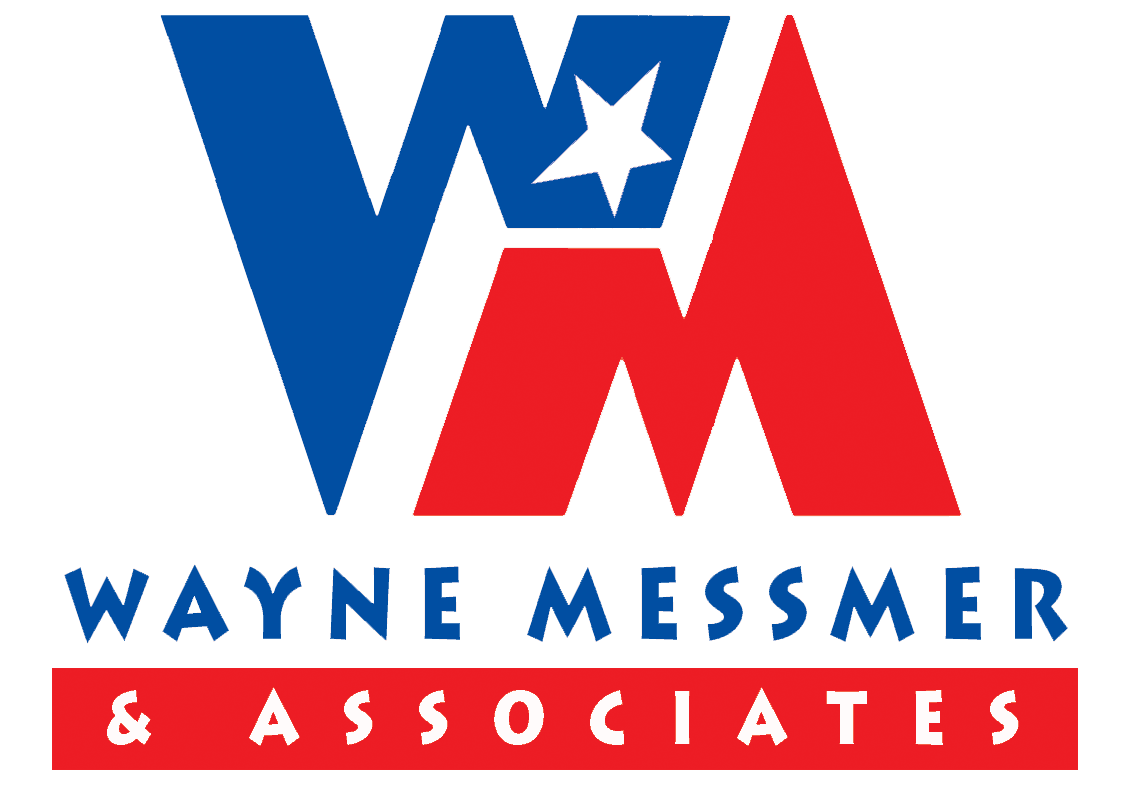IRA
What is an IRA?
Frequently Asked Questions:
Can I convert my current IRA into Roth IRA?
Yes. However, there are tax implications that do apply. Please consult your financial advisor to help assist in weighing the pros and cons.
Is there a penalty for early withdrawal from a traditional IRA?
Yes. However, certain distributions are exempt from the 10% premature distribution penalty. These include:
- First-time home buyers (lifetime limit of $10,000)
- Payment of qualified higher education expenses
- For the payment of medical expenses in excess of 7.5% of adjusted gross income
- For the payment of health insurance premiums during certain times of unemployment
- As a result of disability or death of the IRA participant
Can I contribute to a traditional or Roth IRA if I’m covered by a retirement plan at work?
Traditional IRAs
Yes, you can contribute to a traditional IRA even if you participate in an employer-sponsored retirement plan. For 2023, you can contribute up to $6,500 annually ($7,500 if you are 50 or older by the end of the year). However, if you or your spouse is covered by an employer retirement plan, this will affect how much, if any, of your contribution, is tax-deductible.
Roth IRAs
You can also contribute to a Roth IRA even if you participate in an employer-sponsored retirement plan. You can contribute up to $6,500 ($7,500 if you are 50 or older by the end of the year), but the amount you can contribute may be reduced or even eliminated depending on your modified adjusted gross income and your filing status.
Contributing to both traditional and Roth IRAs
There is no limit on the number of Roth IRAs and traditional IRAs you can own; however, your combined annual contributions to all of them cannot exceed the maximum annual contribution limit ($6,500; $7,500 if 50 or older).
I am over age 73. Must I receive a required minimum distribution if I am still working? Is the answer different if I am the owner of the company?
Working in retirement doesn’t affect RMDs from IRAs. If you’ve reached age 73, you’ll have to take them from a traditional IRA. There are no RMD requirements for a Roth IRA.

